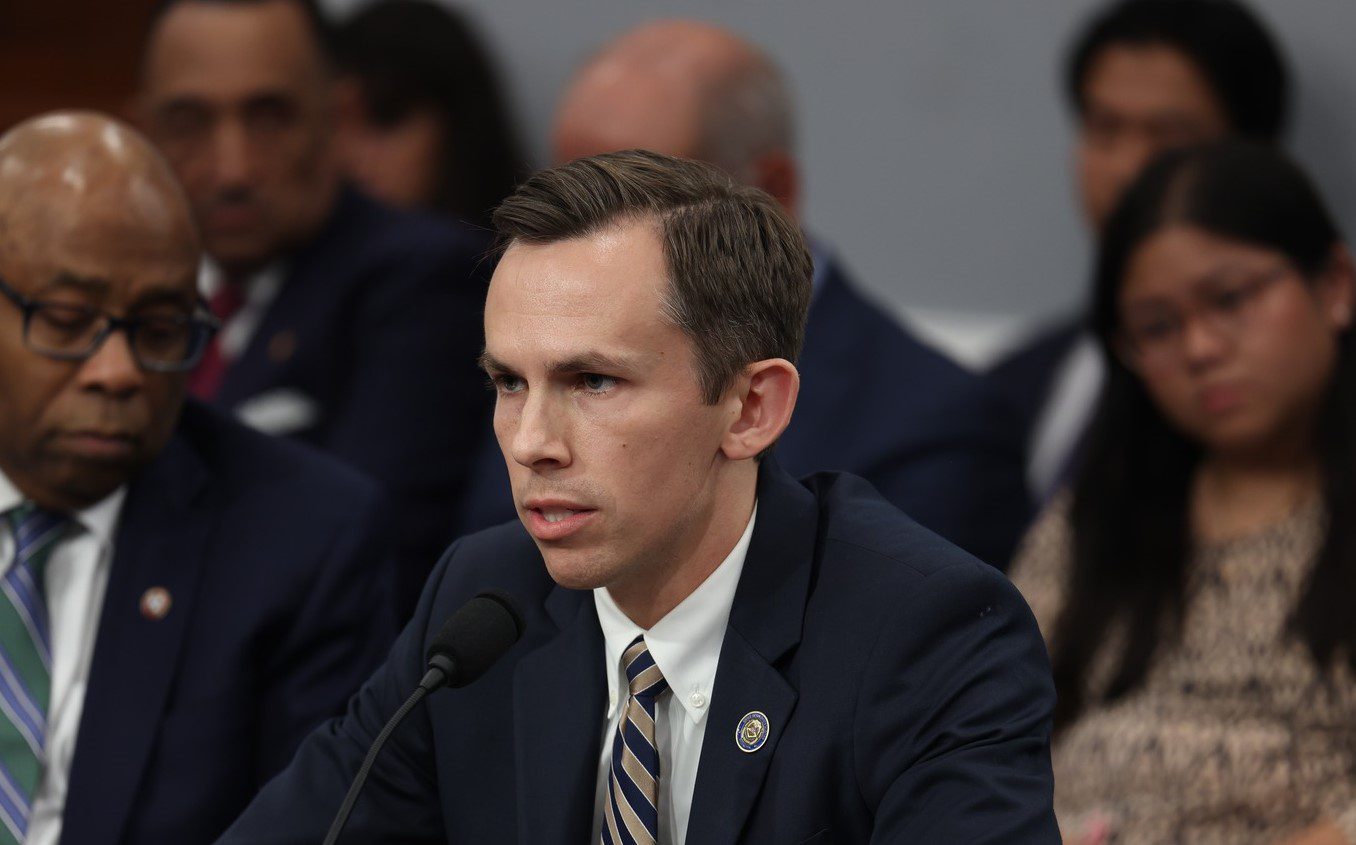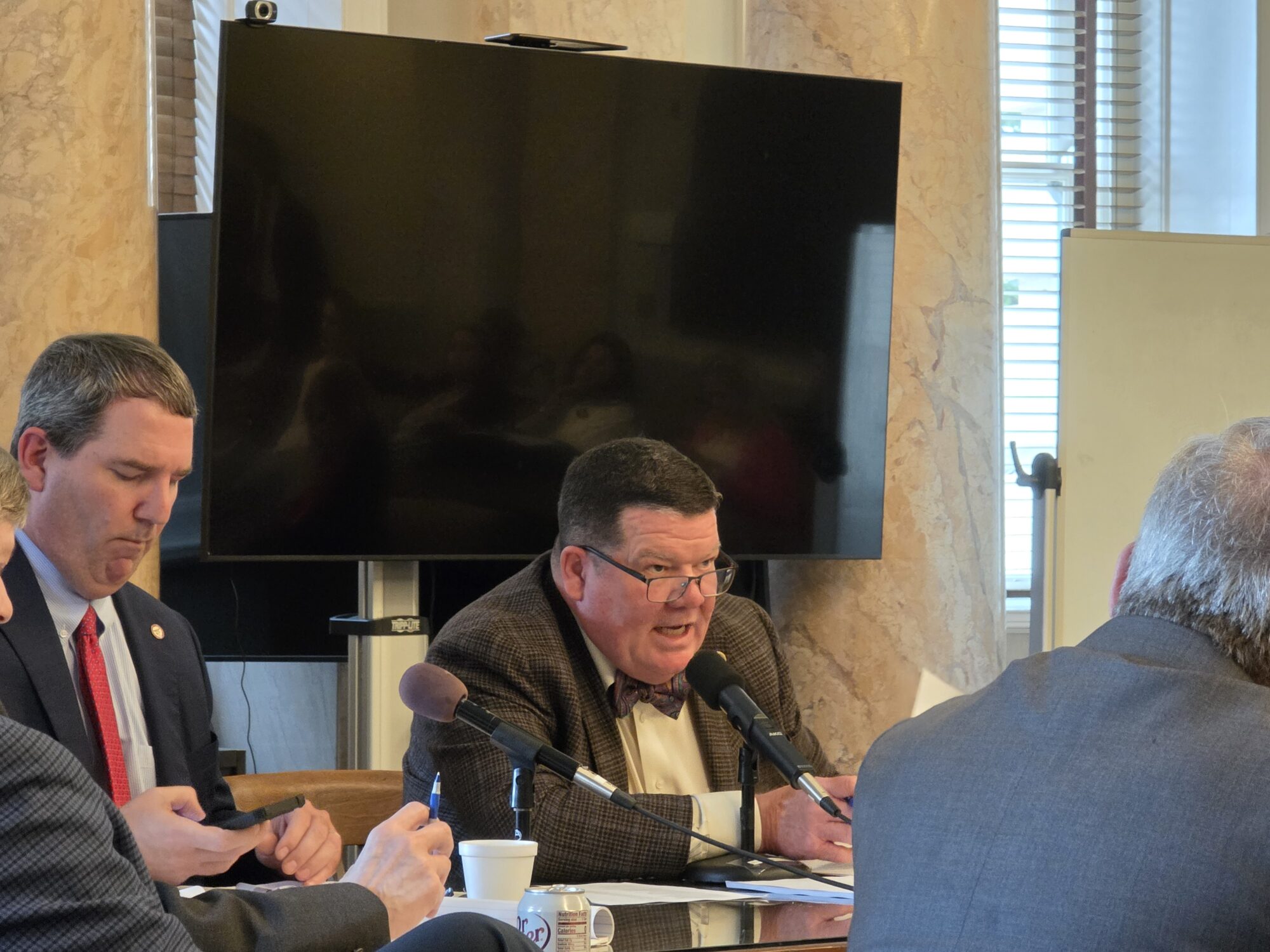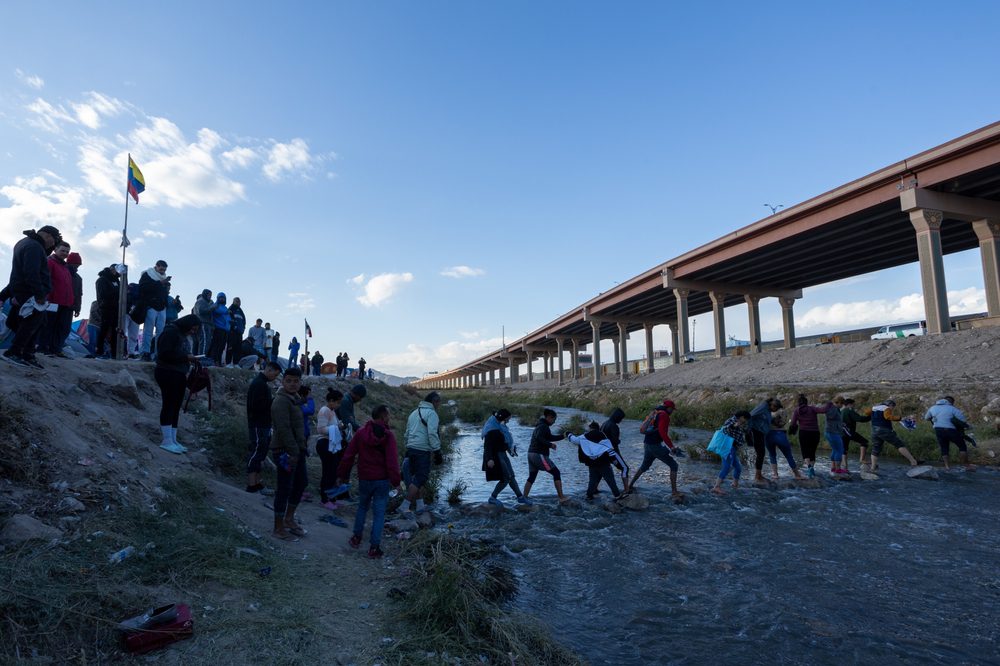
Migrants from Venezuela cross the Rio Grande river near Juarez, Mexico, Nov. 15, 2022 (Shutterstock)
You wouldn’t know it looking at me. I don’t have olive skin or dark hair. You certainly wouldn’t know it listening to me. My accent is more Foghorn Leghorn than European. But near the turn of the 20th Century, my great-grandfather’s family migrated to this country from Sicily.
As the freighter they were on neared Ellis Island, it would have passed the Statue of Liberty. The base of Lady Liberty bears the poem “The New Colossus.”
You’ve heard the line: “Give me your tired, your poor, Your huddled masses yearning to breathe free, The wretched refuse of your teeming shore. Send these, the homeless, tempest-tost to me, I lift my lamp beside the golden door!”
It was a noble sentiment, but it was not reality. European migrants arriving on America’s doorstep faced extraordinary discrimination and were forced into segregated communities in those days. While not a part of modern history telling, lynching of Italians was not uncommon.
A New York Times op-ed described how many Americans felt about my ancestors: “These sneaking and cowardly Sicilians, the descendants of bandits and assassins, who have transported to this country the lawless passions, the cut-throat practices, and the oath-bound societies of their native country, are to us a pest without mitigation. Our own rattlesnakes are as good citizens as they.”
In time, these communities both “assimilated” and put their own mark on our country’s rich tapestry. As an example, the “Bank of America” was, quite ironically, founded by Amadeo Giannini as the “Bank of Italy” in San Francisco. It’s a cool story.
For Benardo “Ben” Latino’s part, he settled in Hammond, Louisiana, a small town north of New Orleans. He built a family and a life.

A Century Later
I’m proud of that heritage, but of course, Ben Latino’s story is not unique. Similar tales can be told about scores of Italian, Irish, German, and Chinese immigrants. Truth be told, unless you trace your heritage back to Native Americans, the same could be said of you.
Today, talk of immigration policy in the U.S. largely focuses on a different “Latino.” For my part, I’ve always adopted two basic thoughts in these conversations. First, to borrow the wisdom of John Adams, “we are a nation of laws, and not of men.” Second, that we are a nation of immigrants.
The two concepts are not at odds. A nation that cannot secure its borders and control its immigration policy is not sovereign. Immigration policy should not be set by executive fiat, or favor raw emotionalism over reason.
By the same token, it is undeniable that great prosperity has been built on this piece of land of ours, through the contributions of immigrants, dating back to Jamestown.
The Escalation of a Border Crisis
There are some progressives who seemingly want no vetting and no limits on immigration. This mindset is a naive threat to the sovereignty and security of our nation.
In her first failed bid for the presidency, Vice President Kamala Harris called for decriminalizing illegal entry into the U.S., supported granting illegal immigrants access to welfare benefits, and vowed to close border detention centers. The Biden administration reversed former President Trump’s “remain in Mexico” policy for asylum seekers and shifted to what has been described as “catch and release.”
Since 2021, a surge of nearly 10 million immigrants have entered the U.S.
Border towns, and not-so-border towns, have seen their budgets and public services stretched by the sudden influx.
Migration that was once dominated by people of Mexican, Guatemalan and Honduran descent has expanded to include a considerable uptick in Chinese nationals and Venezuelans, some of whom are members of an violent crime organization, Tren de Arugua.
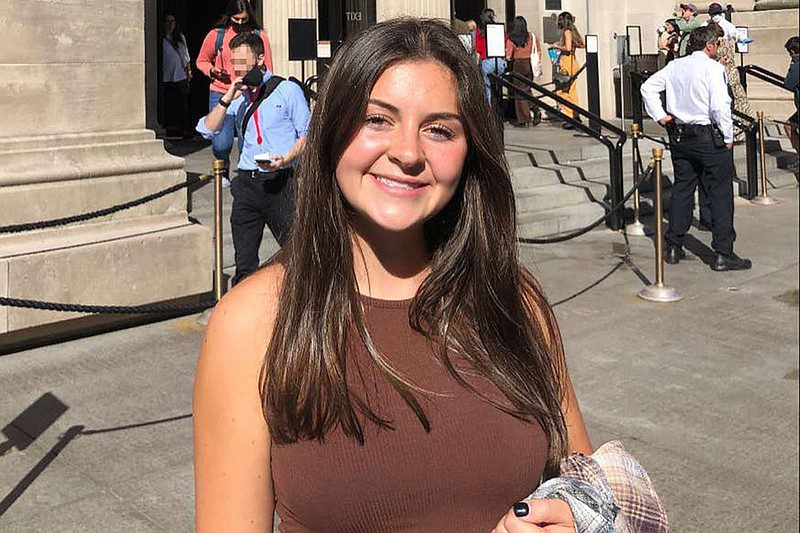
Gruesome crimes, from Laken Riley’s murder by an illegal Venezuelan immigrant, to a story closer to home in Pontotoc, where an immigrant here illegally has been charged with the rape of a 10-year-old boy, have dominated national headlines. In a twelve-month span starting in the fall of 2022, 169 people with names matching America’s terror watch list were apprehended at the border.
Americans have every right to expect a secure border, one that ensures that the people entering into our country and living in our communities do not represent a threat to their families’ safety.
The rule of law matters.
Closing Shop Not a Workable Solution to Border Crisis
On the opposite end of the spectrum, there are some conservatives who seemingly want no immigration into our country at all. This response to the border crisis ignores several realities.
While citizens have every right to expect their government to stop the entry of potentially dangerous individuals, multiple studies have found that immigrants commit violent crime at a lower rate than native populations.
America’s immigrant population also works at a higher rate than the native born population. One likely cause for immigrants’ labor force outperformance is that current law prevents immigrants from accessing the U.S. welfare system.
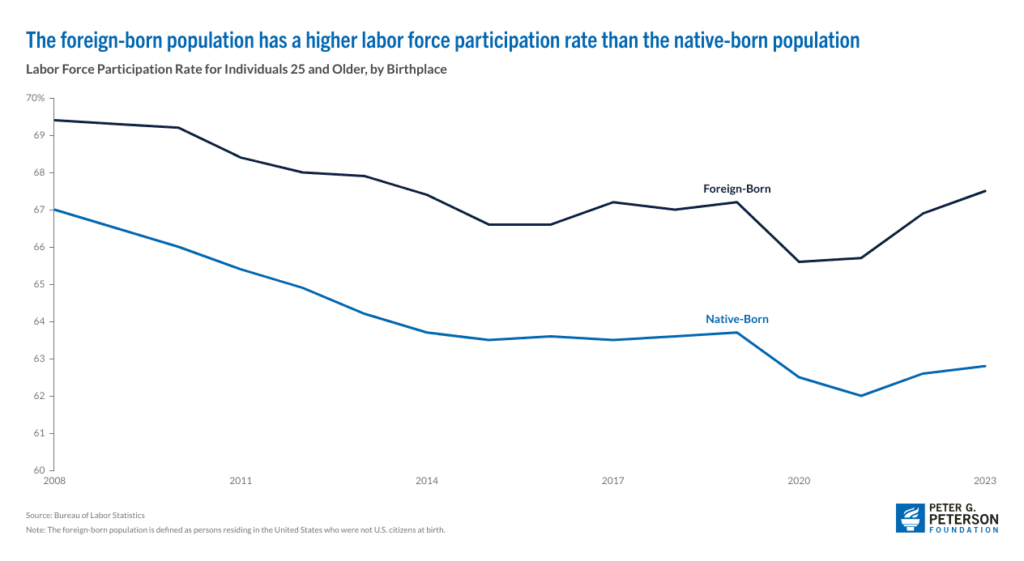
Today, immigrants make up nearly one-fifth (18.6%) of America’s workforce. That represents 31 million workers.
The CBO estimates the U.S. gross domestic product will be $7 trillion higher and tax revenues $1 trillion larger over the next decade due to a labor surge, one primarily driven by immigrants.
CBO director Phillip Swagel told a House hearing in February, “more workers means more output, more income, and that in turn leads to the higher revenue.”
Immigration also soothes an impending population bust. Native-born U.S. households are having fewer children. How few? America is experiencing the lowest birth rate in recorded history. Couples now average 1.6 children, lower than the rate of replacement.
The CBO projects that by 2040 native-born deaths will outnumber native-born births.
So what? Well, no economy in human history has grown without population growth. And programs Americans have become dependent on, like Social Security and Medicare, require more workers than beneficiaries. Already, the ratio is anemically low and threatening their sustainability.
Finding Sensible Middle Ground
A majority of Americans believe that immigrants make us stronger as a nation. A majority also want a secure border and vetting of who enters. These two desires are not at odds. We can still be a nation of both laws and immigrants.
We can have an immigration system for the 21st Century that protects America’s interests and provides productive people with opportunity.




